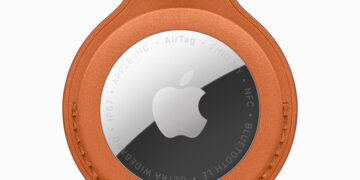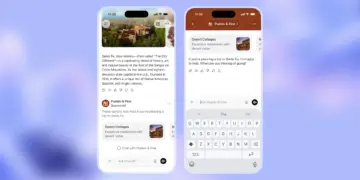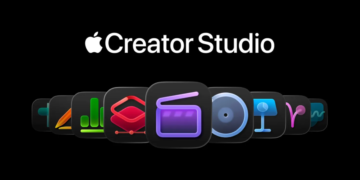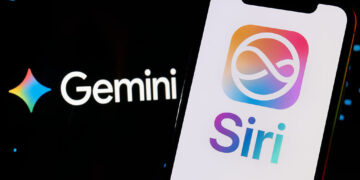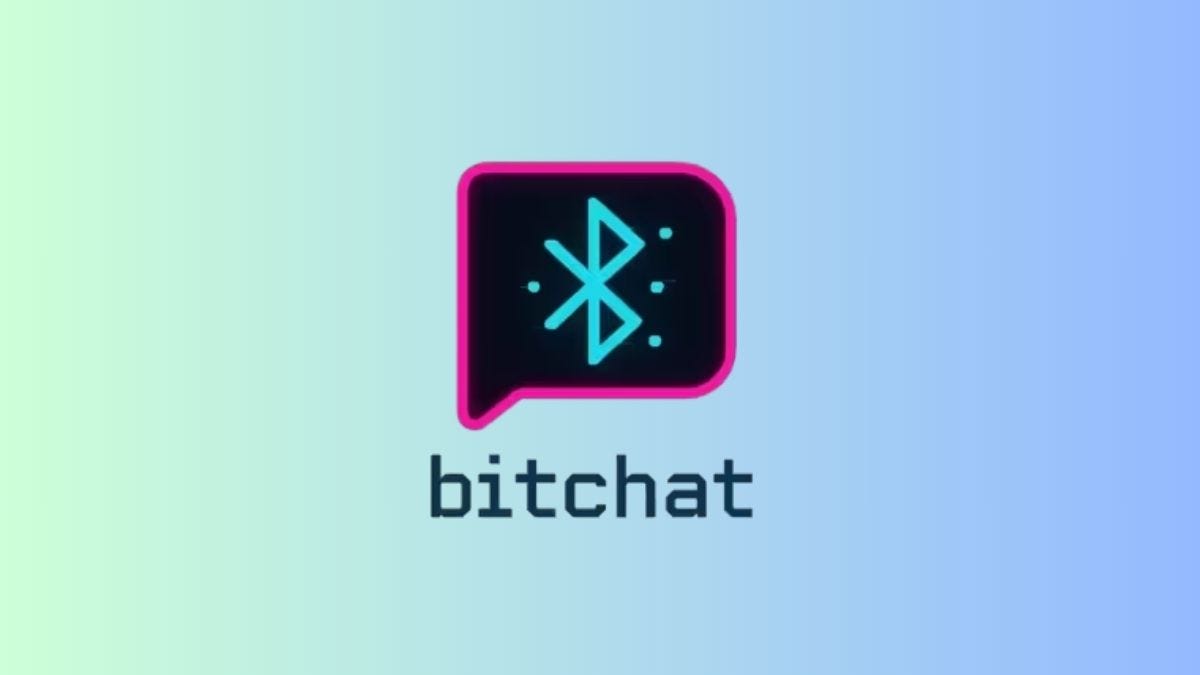
Jack Dorsey, the co-founder of Twitter and CEO of Block, has officially launched his highly anticipated Bluetooth-based messaging app, Bitchat, on the Apple App Store. The move marks a significant step in Dorsey’s ongoing commitment to decentralized platforms and user-owned communication, offering a unique alternative to mainstream messaging services that rely on centralized infrastructure.
What is Bitchat? A Radical Departure from the Norm
At its core, Bitchat is designed for resilient, private communication that doesn’t depend on Wi-Fi, cellular service, or even personal data. Forget phone numbers, email addresses, or account creation – Bitchat operates entirely peer-to-peer. The app leverages Bluetooth mesh networking, allowing nearby devices to form clusters and relay messages from one to another, extending communication beyond typical Bluetooth range. This innovative “store and forward” feature ensures messages can reach users who are temporarily offline, making it particularly useful in situations where internet access is limited or unavailable.
Dorsey reportedly coded the initial version of Bitchat over a single weekend in early July, and it quickly garnered significant interest during its beta testing phase, with 10,000 TestFlight slots filling up within hours.
Key Features and Use Cases:
- Offline Functionality: The most striking feature of Bitchat is its ability to operate without an internet connection. This makes it ideal for areas with patchy or restricted cell service, such as festivals, disaster zones, or even during protests where internet access might be blocked.
- Privacy-First Design: Bitchat collects no personal data. There are no accounts, no personal identifiers, and messages are stored only on individual devices, disappearing by default. This stands in stark contrast to data-hungry platforms like WhatsApp and Messenger.
- Encrypted Communication: Messages sent over Bitchat are end-to-end encrypted, ensuring only the sender and receiver can read them.
- “Panic Mode”: For ultimate privacy, a triple-tap on the Bitchat icon can instantly delete all messages in a conversation.
- Group Chats (“Rooms”): The app supports optional group chats, or “rooms,” which can be named with hashtags and secured with passwords.
- Simple Interface: Bitchat boasts a minimalist, no-frills interface, reminiscent of early chat applications. You open it, pick a display name, and start chatting.
Beyond the Hype: Practicality and Concerns
While the concept of an off-grid, privacy-centric messenger is compelling, it’s important to consider its practical applications and potential limitations. Bluetooth’s inherent range of around 100 meters means the effectiveness of Bitchat’s mesh network heavily relies on the density of users in a given area. However, the promise of future updates to include Wi-Fi Direct could significantly increase speed and range.
It’s also worth noting that while Bitchat is officially available on iOS, the Android version currently requires sideloading via GitHub. Users should also be wary of fake “Bitchat” apps on the Google Play Store.
Crucially, Dorsey himself has acknowledged that the app has not yet undergone external security reviews. While the “no accounts, no data collection” model inherently offers a degree of privacy, security experts have raised initial concerns about potential impersonation due to the lack of robust identity verification.
A Step Towards a Decentralized Future?
Bitchat’s launch aligns with Dorsey’s broader vision for a decentralized internet, complementing his support for projects like Damus and Bluesky. By offering a communication tool that bypasses centralized servers and government oversight, Bitchat could empower individuals with a more resilient and censorship-resistant means of connecting.
Whether Bitchat becomes a niche tool for specific scenarios or gains widespread adoption remains to be seen. However, its arrival on the App Store certainly sparks an important conversation about privacy, decentralization, and the future of digital communication. It’s a bold experiment from a tech visionary, and it will be fascinating to watch how it evolves.

